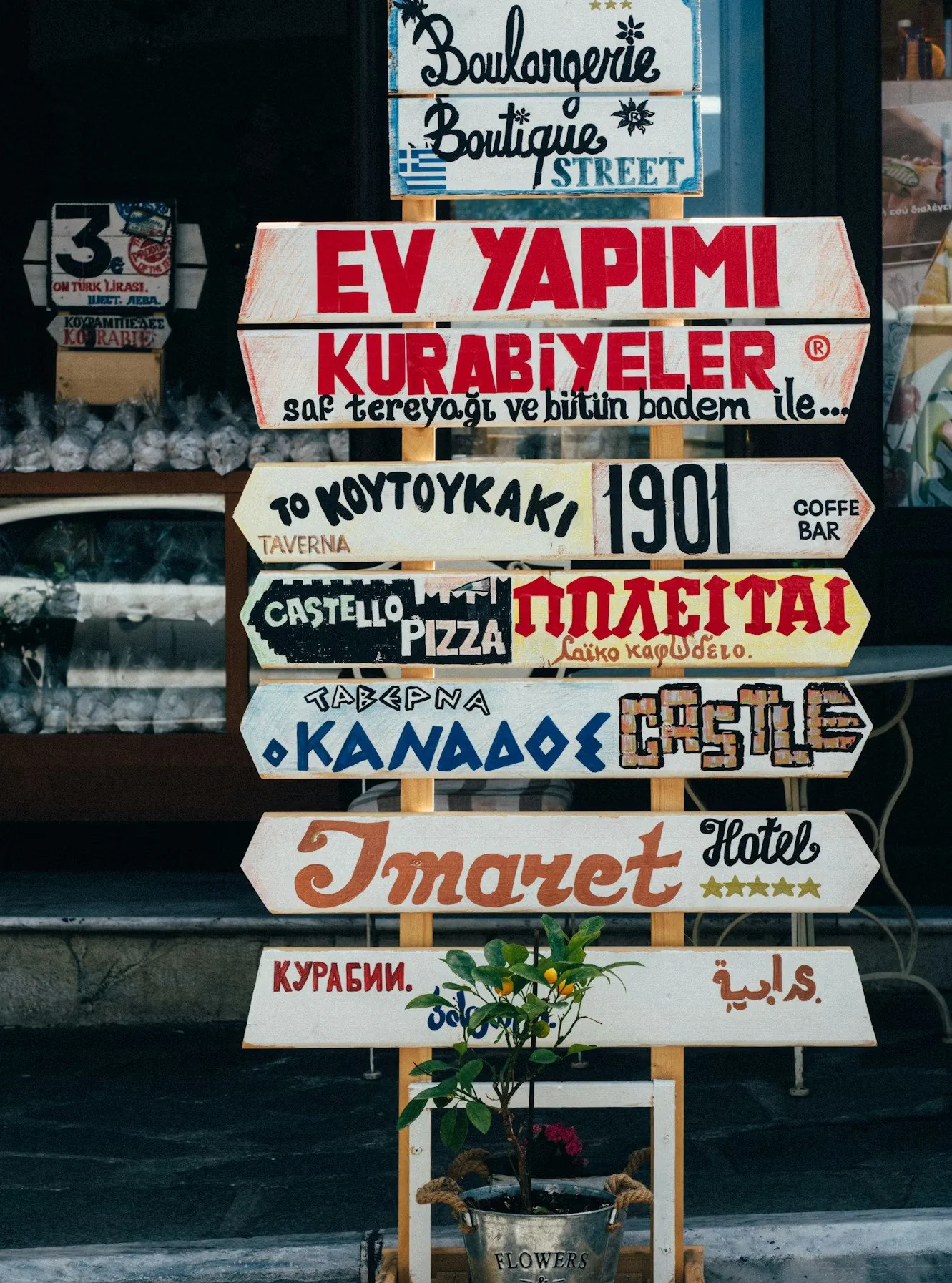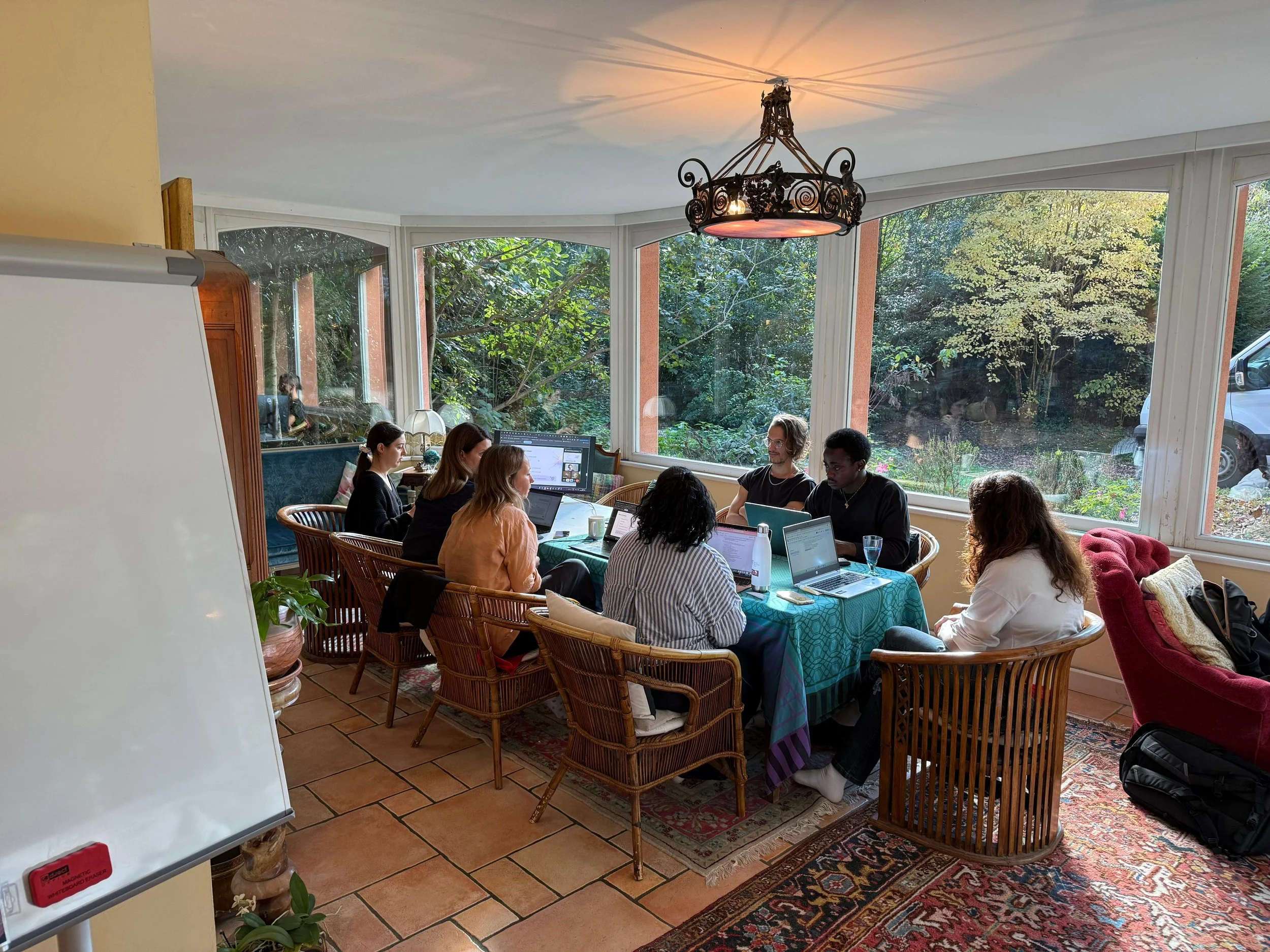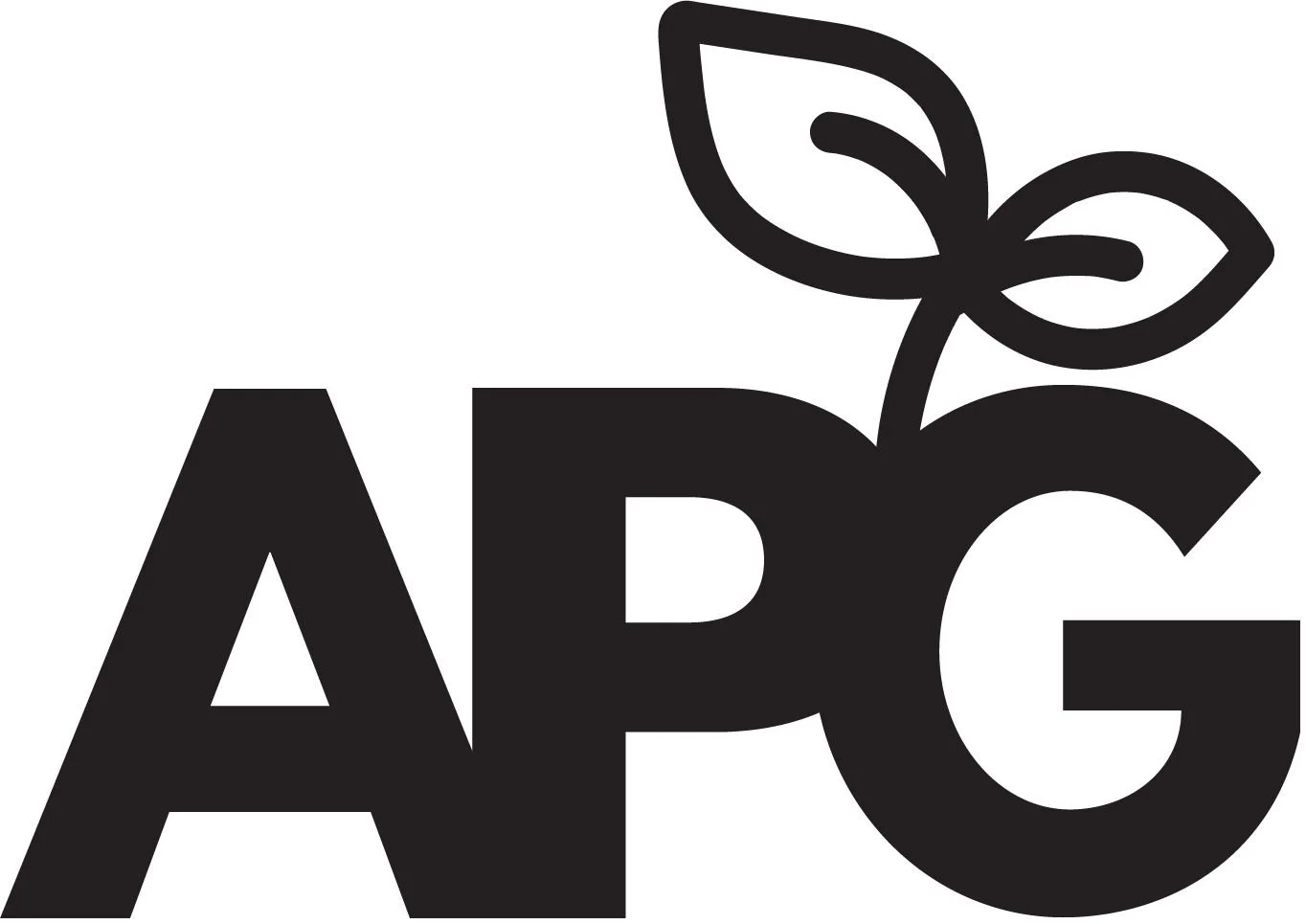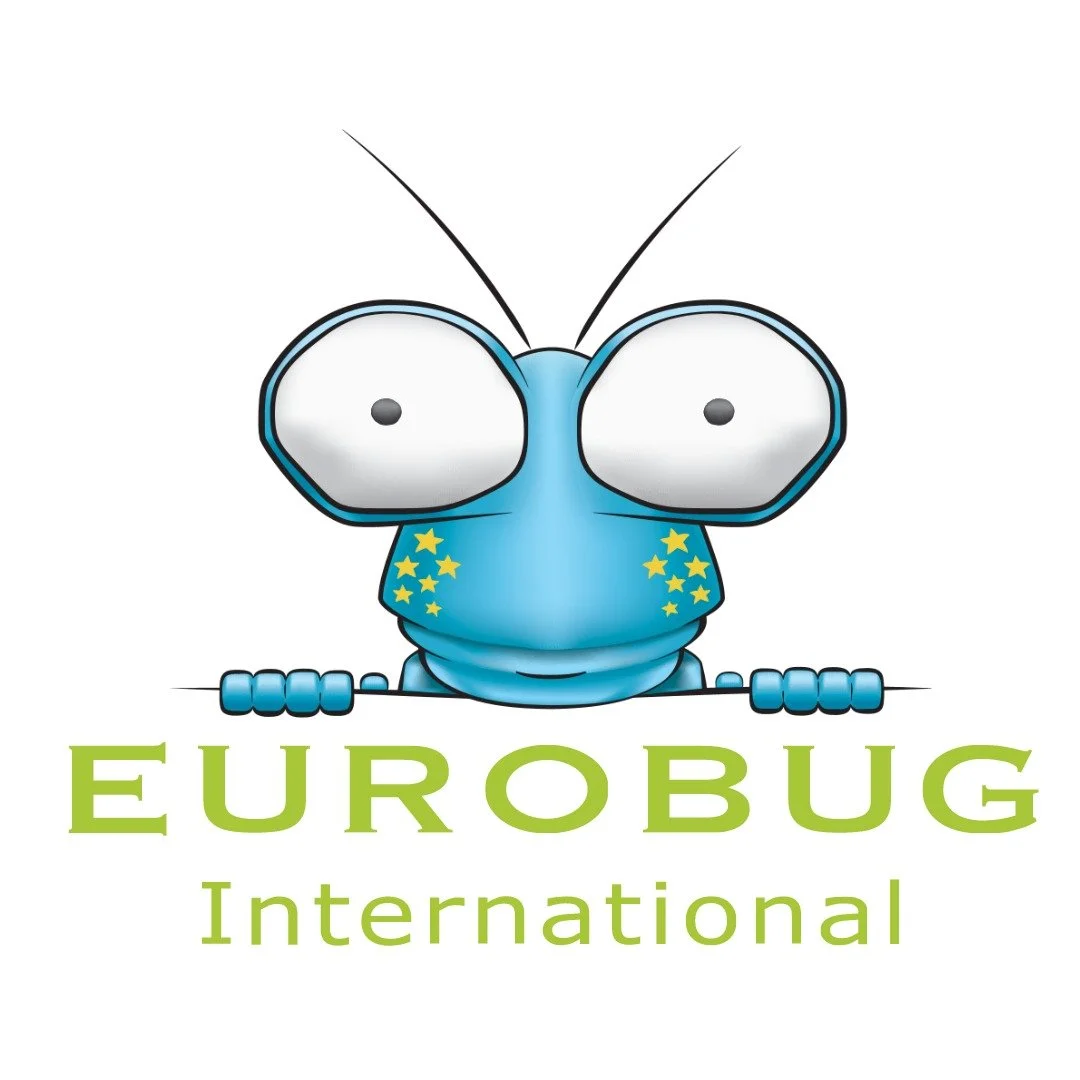Words As Worlds
Capacity-Building of Youth Workers and Youth Organisations in Engaging With Language as Resistance, Identity, Exclusion, Inclusion, Boundaries and Bonds in International Youth Work
Introduction
Language is more than just words; it shapes belonging, identity, and how young people experience inclusion or exclusion. Words As Worlds (WAW) is a capacity-building initiative that equips youth workers and organisations to see language as a powerful instrument in youth work. The project explores how language can foster connections, reinforce identity, and facilitate intercultural dialogue among diverse communities. WAW helps youth workers recognise linguistic barriers, engage more thoughtfully with communication, and create youth spaces where all languages, identities, and cultures are valued.
Aim of the project
WAW aims to strengthen language-conscious youth work practices across Europe by equipping youth workers with the skills, tools, and awareness needed to respond to issues of identity, inclusion, exclusion, and linguistic diversity.
-
Through the implementation of WAW, we aim to:
Enhance youth workers’ competencies in language-conscious and inclusive communication.
Foster social inclusion and intercultural dialogue among young people from diverse linguistic and cultural backgrounds.
Support the preservation of minority languages and cultural heritage within youth work.
Build the capacity of youth organisations to integrate language-aware approaches into everyday practice.
Strengthen partnerships and enable collaboration and resource-sharing across the youth sector.
-
By the end of the project, WAW will deliver:
A co-created toolkit of language-conscious youth work methods.
Stronger competencies and confidence among youth workers in addressing linguistic inclusion.
Increased awareness of barriers related to language in youth spaces.
More inclusive youth work programs integrating new tools, activities, and approaches.
Strengthened partnerships across Germany, Ireland, Spain, and France.
Improved inclusion for young people from diverse linguistic and cultural backgrounds.
-
“Language shapes how we belong or feel excluded.”
In many youth spaces, language becomes a hidden barrier. WAW challenges this reality by helping youth workers recognise language as a tool for:Inclusion
Empathy
Identity
Community-building
By transforming how we use language, we transform how young people experience belonging.
Implementation & Key Activities
Implementation & Key Activities
9th-12th October 2025
Bagnères-de-Luchon
France
Co-Creation Partner Meeting (Germany – led by eSquare)
A hybrid meeting to co-design the project with accessible participation formats, multilingual materials, and interpretation support. This ensures the foundation of the project is inclusive and shaped collaboratively.
15 January 2026
Online form to fill
Local Outreach to Minority Language Communities (Ireland—led by Eurobug)
Workshops and community outreach with minority and migrant-language groups to understand local contexts, barriers, and cultural realities. Activities will be delivered in multiple languages using culturally sensitive methods.
17th-23rd February 2026.
Location: Mühlhausen, Thüringia
Days: 5 working days and 2 travel days,
Participants: 27 youth workers in total from 4 different countries.
Training Course in Germany.
Aims: create drafts of 10 tools (workshop methodologies).
A creative and experiential training for 27 youth workers focusing on:
Language and youth work
Inclusive pedagogy
Identity and belonging
Arts-based communication tools
The course will offer mobility aids, assistive technology, and diverse learning formats.
Led by Petite Graine
Organisation’s Location: France
Activity location: Online (Zoom)
Participants: Those who are selected to participate in the training courses in Germany and Spain.
Long-Term Online Peer-to-Peer Program (Led by Petite Graine, France)
A digital collaboration platform with multilingual features, screen-reader accessibility, subtitles, and inclusive content. Youth workers will engage in ongoing knowledge-sharing, reflection, and community support.
September 2026.
Location: Ceuta, Spain
Days: 5 working days and 2 travel days,
Participants: 27 youth workers in total from 4 different countries.
Training Course in Spain (Led by Eurobug & KAMM)
A second immersive training using intercultural dialogue, creative arts, and role-play methods to help youth workers explore linguistic identities, storytelling, and inclusive communication practices.
Our project partners
-
About
eSquare e.V. is a non-profit, non-governmental organisation based in Berlin, founded in 2018 and run by young professionals and volunteers, who are developing projects to engage citizens in the democratic process and empower civic participation online and offline. The organization implements projects locally in Germany and globally in several countries across the world and is open for partnerships with organizations working in the same field. The name stems from the word square, ” which refers to the multiplying effect that eSquare aims to create with their project. Square also refers to the physical square, where several roads meet, and different cultures would find as a common place to coexist.
-
About
Eurobug, is an NGO based in Ireland dedicated to promoting the inclusion of young people from ethnic minority backgrounds. The organisation prioritises youth empowerment, believing in the untapped potential of every young person. In Eurobug, they employ a person-centered approach, tailoring programs to individual needs, and adopt a holistic perspective, addressing educational, social, emotional, and personal aspects of youth development. Emphasizing non-formal education, the organization creates dynamic learning environments through interactive activities.
-
About
Association Petite Graine is a non-profit, non-governmental organisation based in Luchon, France.
It was founded in 2024 and is run by young professionals, who are designing, implementing and evaluating local and international projects.








